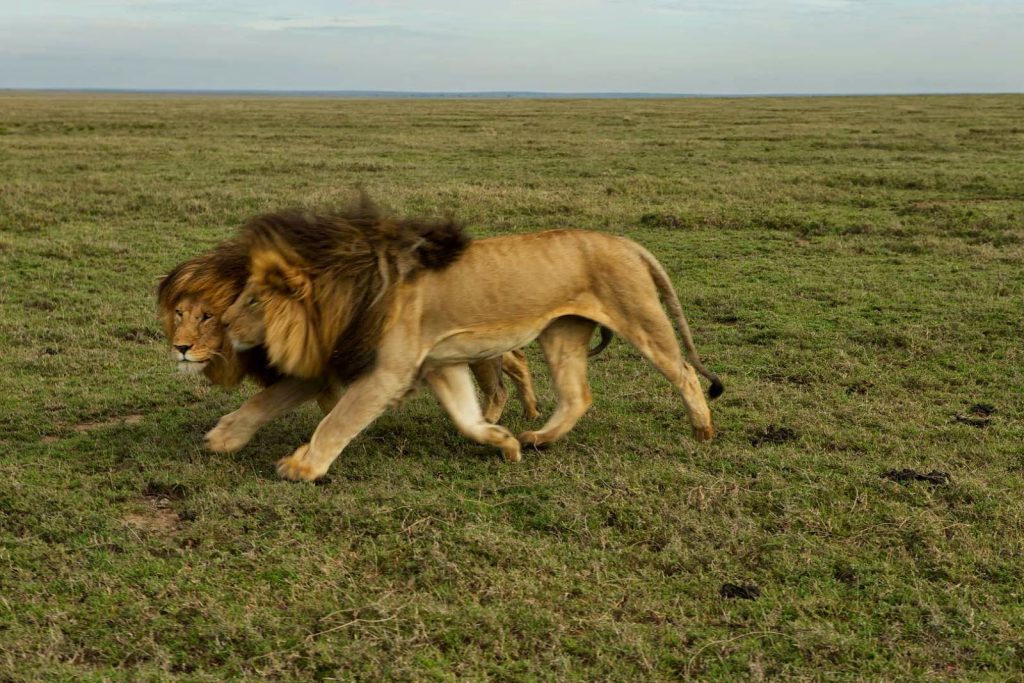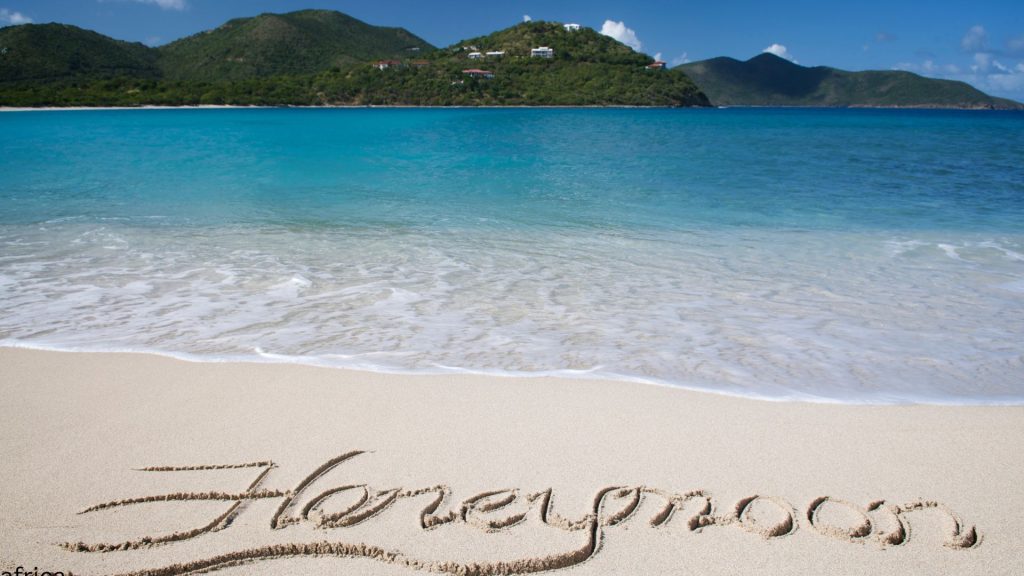How to Say Hello in Tanzania (Swahili)
If you’re planning a trip to Tanzania, learning a few Swahili words and phrases can go a long way in connecting with locals and enriching your experience. Swahili, or Kiswahili, is the national language of Tanzania and is spoken by nearly everyone. Here’s a quick guide to some essential Swahili phrases, including when to use them and how to pronounce them.
- Hello:“Jambo” or “Habari”
When to use it: “Jambo” is a friendly, casual way to say hello, especially to tourists. “Habari” (which means “news”) is more common and can be used in almost any situation.
Pronunciation:
Jambo: Jahm-boh
Habari: Hah-bah-ree
- Hakuna Matata:“No Worries”
When to use it: Made famous by The Lion King, this phrase is perfect for reassuring someone or expressing that everything is fine. Use it when someone apologizes or if you want to say “no problem.”
Pronunciation: Hah-koo-nah Mah-tah-tah
- Asante:“Thank You”
When to use it: Say this to show gratitude, whether someone helps you, gives you directions, or serves you food.
Pronunciation: Ah-sahn-teh
Bonus: To say “Thank you very much,” use “Asante sana” (Ah-sahn-teh Sah-nah).
- Karibu:“Welcome” or “You’re Welcome”
When to use it: Use “Karibu” to welcome someone or to respond to “Asante” (like saying “you’re welcome”). It’s also used to invite someone in, like “Feel free to join.”
Pronunciation: Kah-ree-boo
- Pole:“Sorry”
When to use it: Say “Pole” to express sympathy or apologize. For example, if someone is tired or has had a long day, you can say “Pole” to show you care.
Pronunciation: Poh-leh
Bonus: For a stronger apology, say “Pole sana” (Poh-leh Sah-nah), which means “Very sorry.”
- Mambo:“What’s Up?”
When to use it: This is a casual greeting, especially among younger people. The typical response is “Poa” (cool) or “Safi” (fine).
Pronunciation: Mahm-boh
Response: Poa (Poh-ah) or Safi (Sah-fee)
- Tafadhali:“Please”
When to use it: Use this when making a request, like asking for directions or ordering food.
Pronunciation: Tah-fah-thah-lee
- Kwaheri:“Goodbye”
When to use it: Say this when leaving a place or saying goodbye to someone.
Pronunciation: Kwah-heh-ree
- Ndiyo / Hapana:“Yes / No”
When to use it: Use these simple words to agree or disagree.
Pronunciation:
Ndiyo: Nn-dee-yoh
Hapana: Hah-pah-nah
- Choo:“Toilet”
When to use it: A handy word when you need to ask for the restroom.
Pronunciation: Choh-oh
- Bei Gani?:“How Much?”
When to use it: Use this when shopping or negotiating prices at markets.
Pronunciation: Bay-ee Gah-nee
- Nimefurahi Kukutana Nawe: “Nice to Meet You”
When to use it: Use this phrase when meeting someone for the first time.
Pronunciation: Nee-meh-foo-rah-hee Koo-koo-tah-nah Nah-weh
Why Learn Swahili?
Even a few words of Swahili can make a big difference. Tanzanians appreciate when visitors make an effort to speak their language, and it can lead to warmer interactions and even better deals at markets. Plus, it’s fun to surprise locals with a cheerful “Jambo!” or “Asante sana!”
Quick Pronunciation Tips
Swahili is phonetic, so words are pronounced as they’re written.
Vowels are always short: a (ah), e (eh), i (ee), o (oh), u (oo).
Stress is usually on the second-to-last syllable.
Ready to Practice?
Swahili is a beautiful and easy-to-learn language. Start with these phrases, and you’ll be amazed at how quickly you can connect with Tanzanians. Hakuna matata – no worries – you’ve got this!



